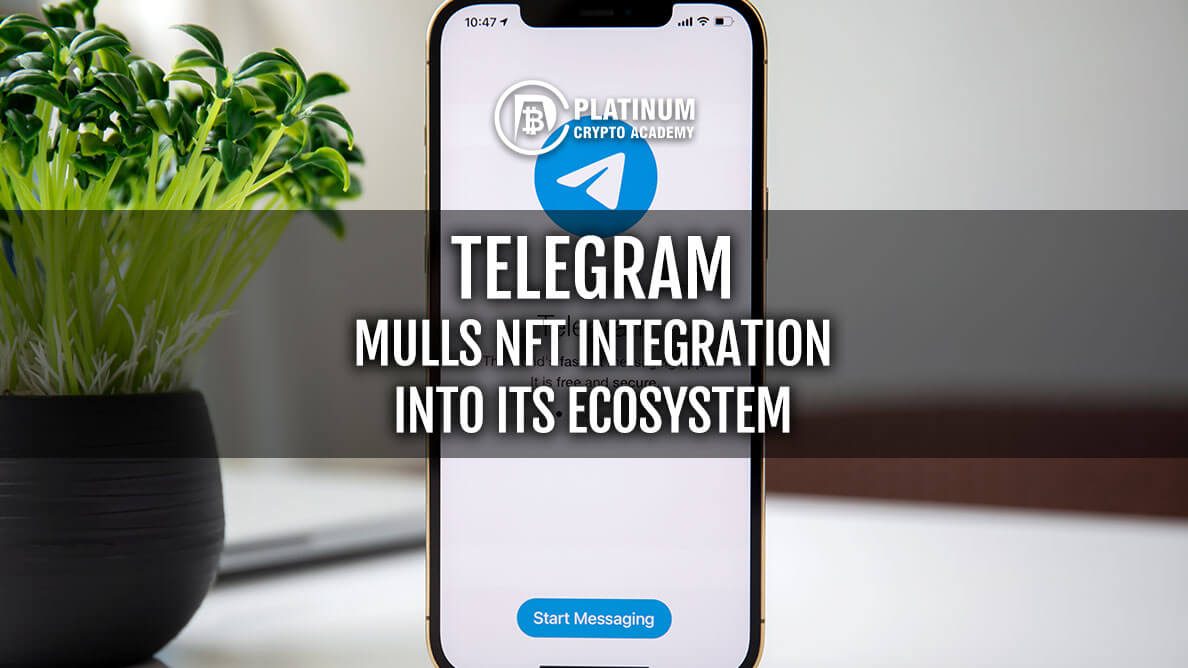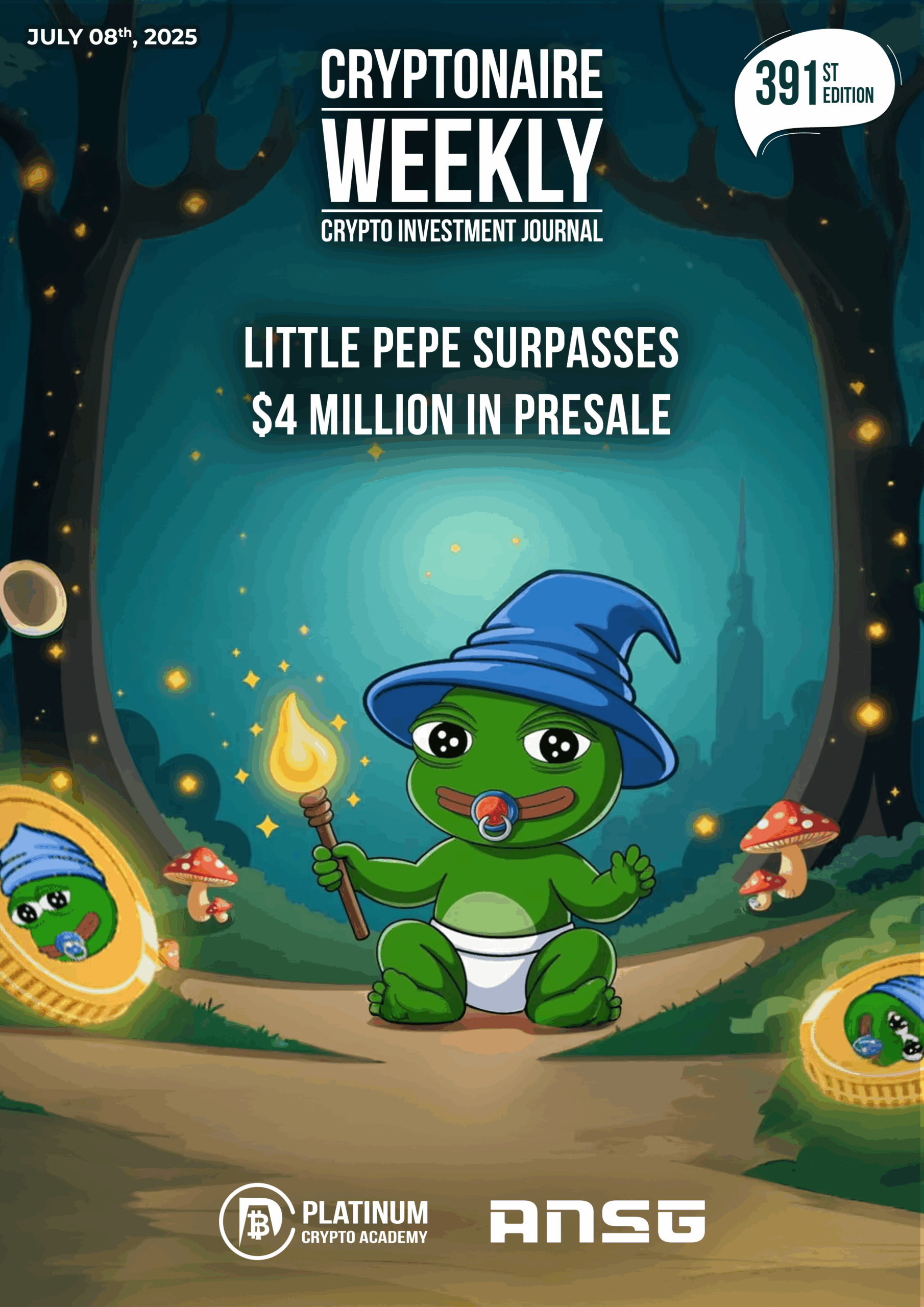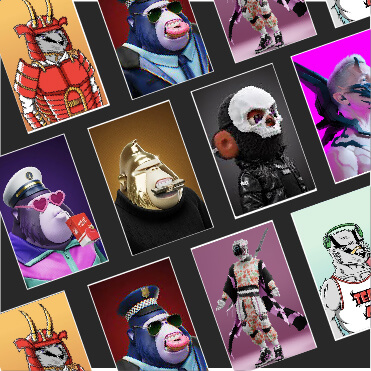The co-founder of popular messaging application Telegram plans to launch an NFT marketplace and wants to create a platform where username holders could sell these usernames to interested parties through blockchain via NFT-like smart contracts. Domain names on Telegram are essentially usernames that users can use.
The popular cross-platform, cloud-based instant messaging system is looking at implementing NFT technology into its ecosystem. Telegram co-founder Paul Durov plans to add “a little bit of Web 3.0” to the messaging platform over the coming weeks.
Incidentally, the Telegram Open Network (TON) recently conducted a successful auction of their domain names, where some of them were sold for over US $200,000 apiece. The sale of more than 2,000 .ton domain names made over US $3 million in Toncoin, the native coin of the ecosystem.
Durov said in a Telegram post that if TON has been able to achieve these results, one could imagine how successful Telegram, with its 700 million users, could be if it put its reserved usernames, groups and channel links for auction.
In addition to millions of catchy t.me addresses like storm or royal, all four-letter usernames could be made available for sale such as bank, club, gift etc, he said in a Telegram post.
According to him, TON has the best technology to host such decentralized sales, especially when it comes to scalability and speed. TON has recently rolled out crypto payment capability, which enables users to download wallet bot, buy and trade cryptocurrencies and also send them to other wallets.
TON is a project for decentralized storage that Telegram aimed to explore Web 3.0 but the project was abandoned after it ran into a controversy with the United States Securities and Exchange Commission (US SEC) accusing Telegram of violation of a securities law.
The TON was meant to function as a digital payment platform in tandem with Telegram, but an unregistered preliminary sale of US $1.7 billion of Gram tokens meant that it ran into serious troubles with the US SEC.
Thereafter, a long-winding court battle resulted in Durov stepping away in 2020 and the project saw the light of the day when open source developers brought it back under the name of The Open Network.
Later in mid-July, he launched a new project which allows users to assign human-readable names to crypto wallets, smart contracts and websites through the TON DNS service. According to Durov, this would create a new platform where username holders could transfer them to interested parties in protected deals – with ownership secured in the blockchain via NFT-life smart contracts and other elements of the Telegram ecosystem including channels, stickers or emoji could also become part of the marketplace.
The TON network uses the FunC programming language to power the TON virtual machine as well as to launch specific smart contracts. Telegram is likely to follow suit if it were to launch NFT.Durov said since the team could write bullet-proof smart contracts for TON, they are inclined to try out TON as the underlying blockchain for their future marketplace. The price of Toncoin, the native token behind The Open Network, reportedly surged since Durov’s discussion on his Telegram channel.



